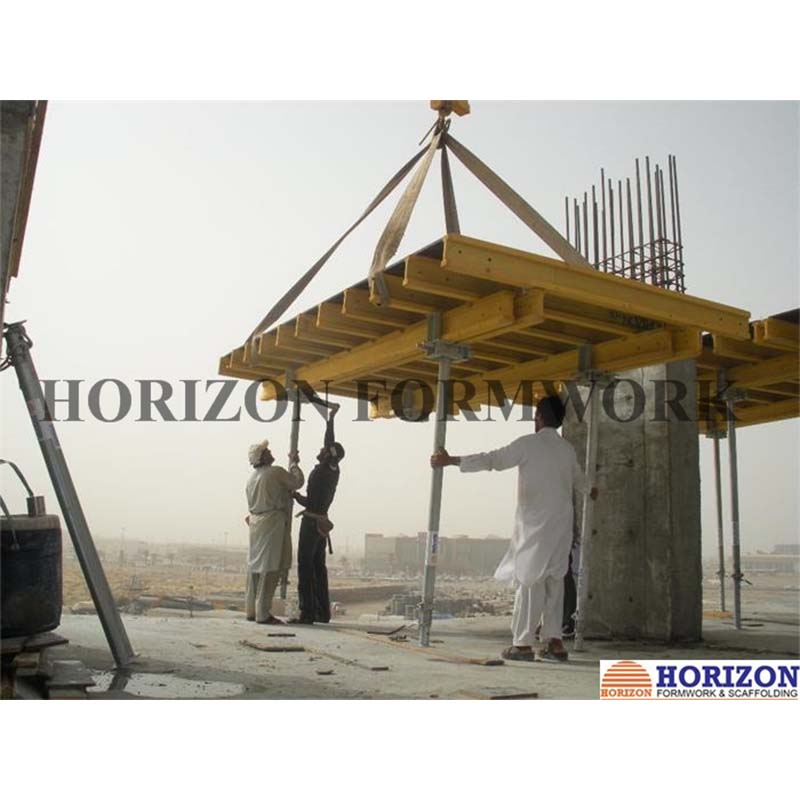Nov . 10, 2024 02:33 Back to list
Concrete Formwork Panel Manufacturing Solutions for Efficient Construction Processes
The Evolution and Significance of Concrete Formwork Panels in Modern Construction
Concrete formwork panels play a pivotal role in the construction industry, serving as the essential framework that shapes concrete structures during the pouring and curing process. The evolution of these panels has significantly advanced over the years, driven by technological innovations and the increasing demand for sustainable building practices. In this article, we will explore the types, manufacturing processes, advantages, and future developments of concrete formwork panels.
Understanding Concrete Formwork Panels
Concrete formwork panels are temporary or permanent molds into which concrete is poured to create various structural elements, including walls, columns, and slabs. These panels provide the necessary shape and support until the concrete has cured and gained sufficient strength. Traditionally made from wood, modern formwork panels are now produced using various materials, including steel, aluminum, and plastic composites.
Types of Concrete Formwork Panels
1. Wood Formwork This is the most traditional type of formwork. Wooden panels are easy to handle and can be customized on-site. However, they are less durable and require more maintenance.
2. Steel Formwork Steel panels are robust, reusable, and can withstand higher pressures from concrete pours. Their durability makes them a preferred choice for large-scale projects, although they are heavier and more expensive initially.
3. Aluminum Formwork Lightweight and easy to assemble, aluminum formwork offers high reusability and quicker turnaround times. This type is particularly popular in residential construction where speed is crucial.
4. Plastic Formwork Made from recycled materials, plastic panels are lightweight, resistant to moisture, and provide good insulation. They are increasingly favored for their eco-friendly credentials and ease of handling.
Manufacturing Process
The production of concrete formwork panels begins with raw material selection. Manufacturers often focus on quality to ensure longevity and performance. The manufacturing process typically involves cutting, shaping, and treating the materials to ensure they can withstand the rigors of construction.
1. Cutting and Shaping This step involves precisely cutting the raw materials to the required dimensions. Advanced CNC machines are often employed for accuracy.
concrete formwork panels factory

3. Quality Control Every batch of panels undergoes rigorous quality checks to meet industry standards. Testing for strength, flexibility, and resistance to various environmental conditions are crucial stages in the manufacturing process.
Advantages of Concrete Formwork Panels
Concrete formwork panels offer numerous advantages that contribute to their growing popularity
1. Cost-Effectiveness Although the initial investment may be significant, reusable formwork systems can drastically reduce costs over time by minimizing waste and labor.
2. Speed of Construction Modern formwork panels are designed for quick assembly and disassembly, allowing for faster project completion.
3. Precision Advanced manufacturing processes ensure high levels of accuracy, resulting in tighter tolerances and reduced finishing work.
4. Sustainability Manufacturers increasingly focus on eco-friendly materials and practices. Reusable and recyclable options minimize environmental impact.
5. Versatility Formwork panels can be tailored to various project requirements, enabling complex architectural designs.
Future Developments
As technology continues to evolve, so too will the concrete formwork industry. Innovations such as 3D printing are set to revolutionize how panels are designed and manufactured. Additionally, the integration of smart technologies may enhance monitoring during construction, ensuring greater safety and efficiency.
Sustainability will remain a focal point for manufacturers. The demand for greener building solutions is pushing the industry toward advancements such as using recycled materials and developing more energy-efficient production processes.
Conclusion
Concrete formwork panels are indispensable in the construction sector, contributing to the efficiency, sustainability, and cost-effectiveness of building projects. As technology advances, the future of formwork looks promising, with innovative materials and practices paving the way for a more sustainable and efficient construction industry. Embracing these changes will not only benefit builders and developers but also contribute to a greener future for our planet.
-
High-Quality U Head Jack Scaffolding – Reliable Scaffolding Jack Head Manufacturer & Factory
NewsJul.08,2025
-
High-Quality I Beam H20 Leading Timber Beam H20 Material Factory, Exporters & Manufacturers
NewsJul.08,2025
-
High-Quality Powder Coating Steel Formwork - Durable & Corrosion Resistant Solutions
NewsJul.07,2025
-
Inclined Column Formwork Supplier – Durable & Precise Solutions for Unique Structures
NewsJul.07,2025
-
High-Quality Water Stop Solutions Trusted Water Stop Company & Suppliers
NewsJul.07,2025
-
High-Quality Formwork Material Supplier Reliable Manufacturer & Factory Solutions
NewsJul.06,2025